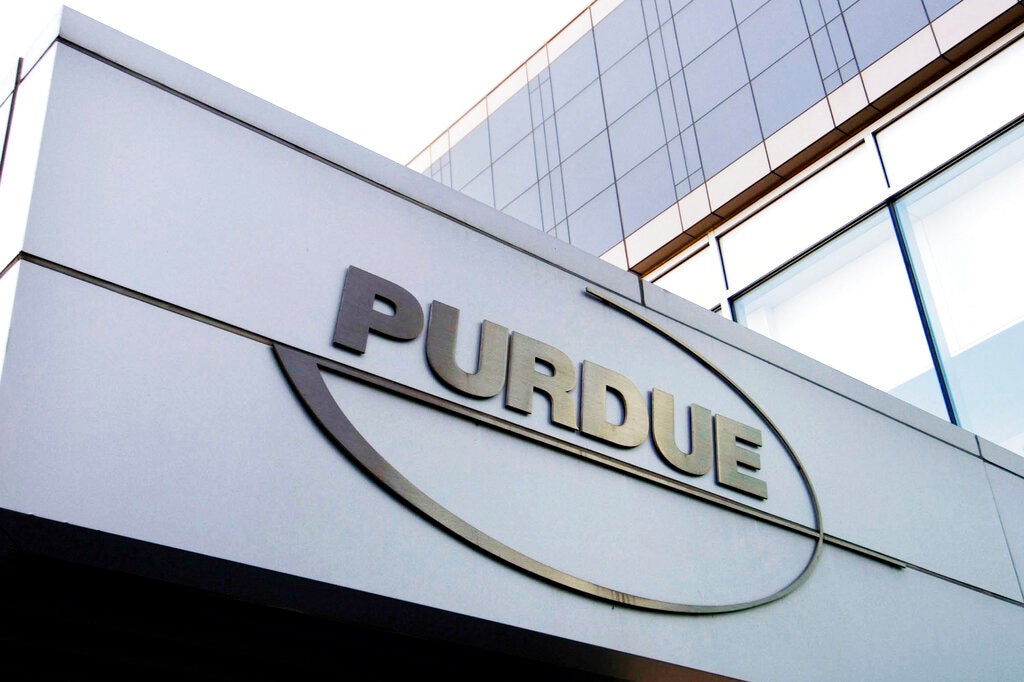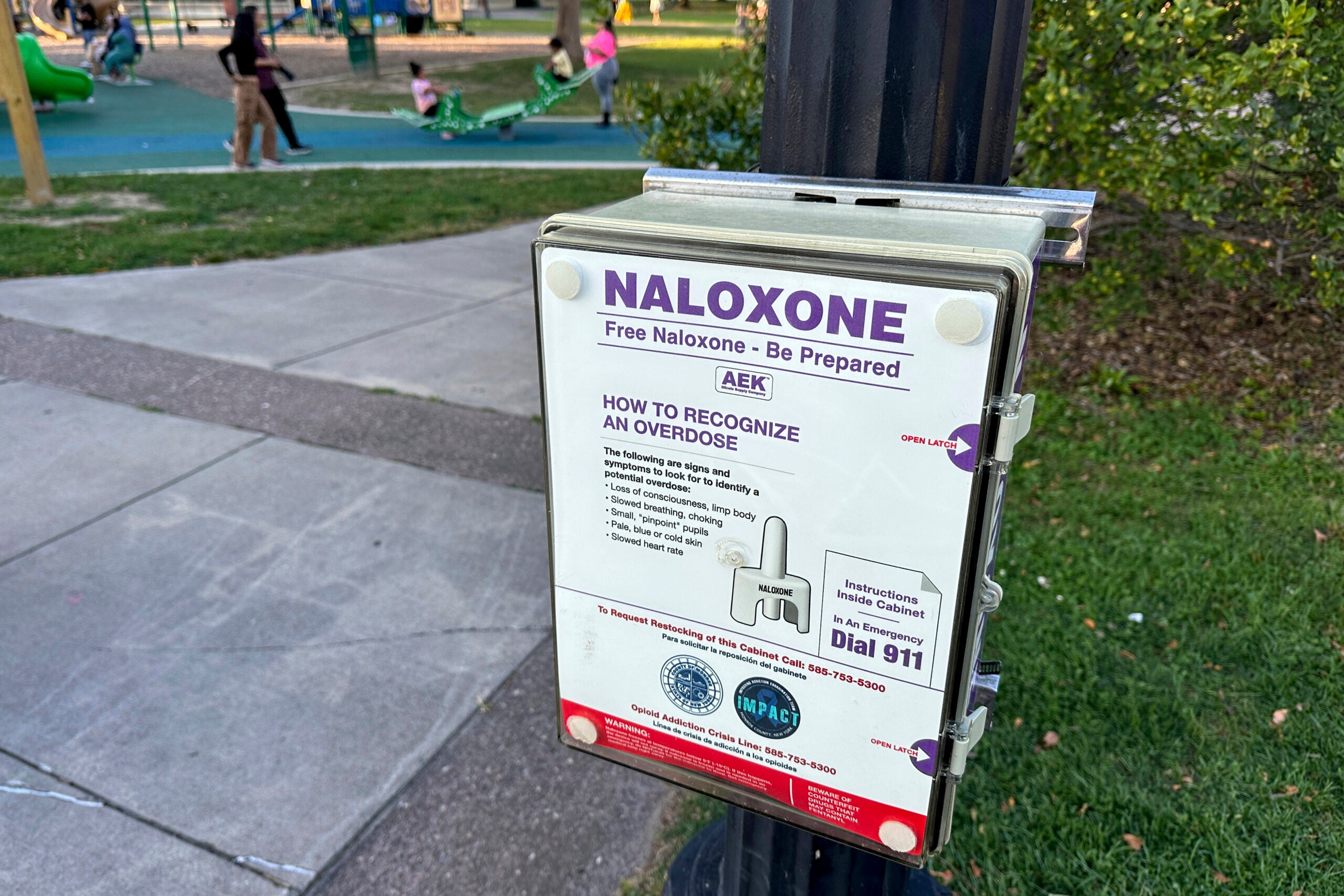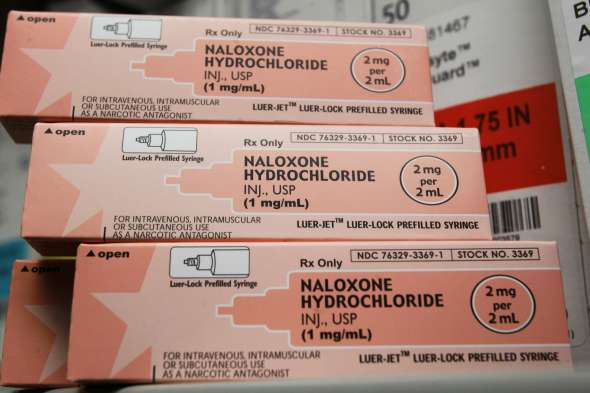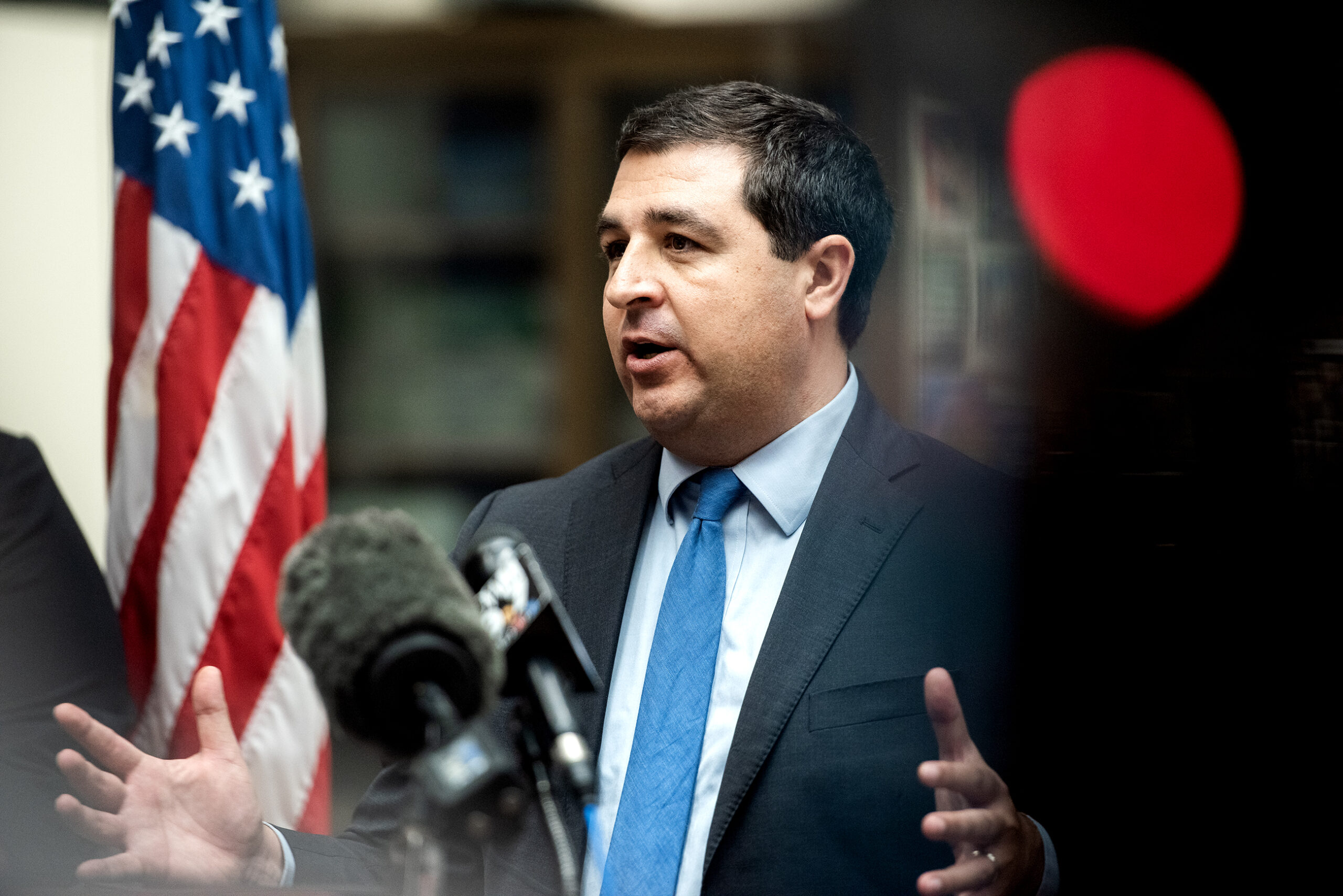The U.S. Supreme Court has rejected a proposed settlement with OxyContin manufacturer Purdue Pharma, holding up a potential payout that could have brought tens of millions dollars to help Wisconsin fight opioid addiction.
In a close decision this week, a majority of justices objected to a provision in a bankruptcy plan which would have shielded members of the Sackler Family, who owned Purdue Pharma, from personal liability.
Under the since-scuttled deal, the Sackler family would have funded most of a proposed settlement, which could have provided $8 billion total to state and local governments.
Stay informed on the latest news
Sign up for WPR’s email newsletter.
Had the deal gone through, Wisconsin’s payout could have totaled more than $70 million, said Wisconsin Attorney General Josh Kaul, a Democrat.
Wisconsin was among the states to sue Purdue Pharma in 2019, alleging that the company fueled the opioid crisis through aggressive sales and false marketing of opioids including the addictive pain pill Oxycontin.
“There’s going to be further delay before dollars come to Wisconsin,” Kaul said in an interview with WPR. “There could also be more inconsistency from state to state in terms of who recovers what.”
Now, Kaul expects negotiations to continue as Purdue Pharma’s bankruptcy process resumes.
“We remain committed to holding accountable Purdue and any members of the Sackler family who are liable and also to maximizing the recovery that we can get for Wisconsin,” Kaul said.
Ruling won’t affect opioid funds already paid to Wisconsin
The scrapped deal with Purdue Pharma does not jeopardize more than $750 million in opioid mitigation dollars, which have already been designated for Wisconsin through 2038.
That funding came from multi-state settlements with other opioid manufacturers, distributors and pharmacies.
Wisconsin first started distributing the money in fiscal year 2023.
In the coming fiscal year, the state has earmarked $36 million from those opioid litigation settlements for uses including medication-assisted treatment, prevention programs in schools, the overdose-reversal drug Naloxone and strips to test for the presence of the often-fatal painkiller fentanyl.
Thirty percent of the money Wisconsin received from those payouts goes to the state, and the rest is designated for scores of local governments across Wisconsin.
In 2022, about 1,460 Wisconsinites died of opioid overdoses, representing a record high, according to the most recent available data from Wisconsin’s Department of Health Services.
Purdue Pharma ruling leaves local governments waiting
It remains to be seen, however, exactly how much money from Purdue Pharma will help localities.
Thursday’s Supreme Court decision “creates anxiety and uncertainty about when resources will be available to immediately support people who are struggling,” Morgan Finke, a spokesperson for Public Health Madison & Dane County wrote in an email.
“These funds are reparations for people who lost their lives and settlement terms and amounts will now need to be renegotiated,” the email said. “Delayed funding could have serious impacts. There is hope that the result could be increased funding over time, but there are many unknowns.”
The recent 5-4 Supreme Court decision did not fall along traditional partisan lines.
Kaul declined to say whether the high court made the right call, but said justices faced a difficult decision in balancing the need for accountability for the Sackler family with the need to quickly approve relief for people suffering from opioid addiction.
“There’s a practical argument that we need to be able to resolve cases, so that we can bring dollars into the state to fight this epidemic,” he said. “On the other hand, I don’t think that private individuals should be able to come into a bankruptcy when they’re not themselves declaring bankruptcy, and to have all of their potential liabilities go away.”
For help with addiction, call the free and confidential treatment referral hotline (1-800-662- HELP), or visit findtreatment.gov.
Wisconsin Public Radio, © Copyright 2025, Board of Regents of the University of Wisconsin System and Wisconsin Educational Communications Board.





